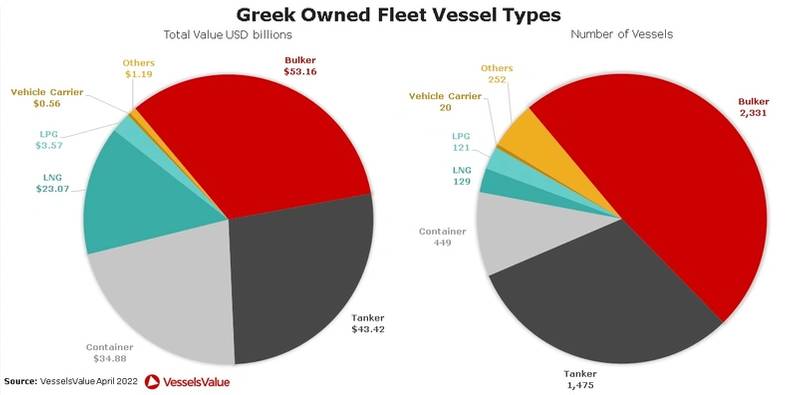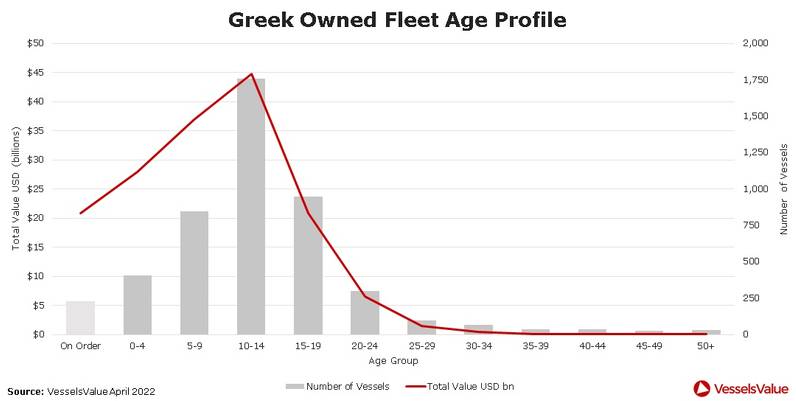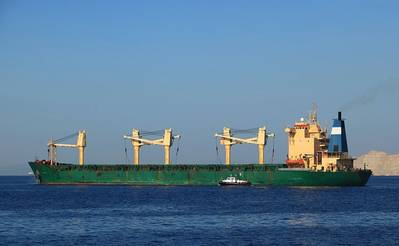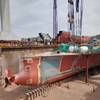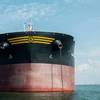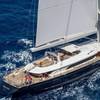Greek Fleet Maintains Pole Position -Clarksons
Greek shipowners retain their preeminent market position with 16.4% of global GT (19% by dwt) despite recent years of crisis, operational challenges, dramatic market change and widespread disruption, according to recent analysis from Clarksons Research.
Over the last four years, Greek shipping companies have added 29 million GT to reach 247 million GT / 41 million dwt on the water), the U.K.-based data and analytics firm said.
A long term focus on tankers (26% global fleet share, 2012: 22%) and bulkers (22% share, now behind China) has continued amid continued volatility and attractive asset play opportunities in these markets.
But the largest recent increase has been the Greek share in the global liquefied natural gas (LNG) carrier fleet, up to 21% today from 15% four year ago and 3% 10 years ago, Clarksons said. Looking to the future, the analysts expects further growth opportunities in this part of the market given LNG’s role in both energy transition and energy security.
While several Greek owners have capitalized on strong container shipping markets, the overall Greek share dropped to 8% of the box fleet—still the second largest charter owner with 2 million TEU.
In addition, Greeks have remained the number one S&P player (involved in 36% of all sales activity), but their newbuild orderbook has trended down to only 6% of their fleet (lowest ratio for approximately 20 years).
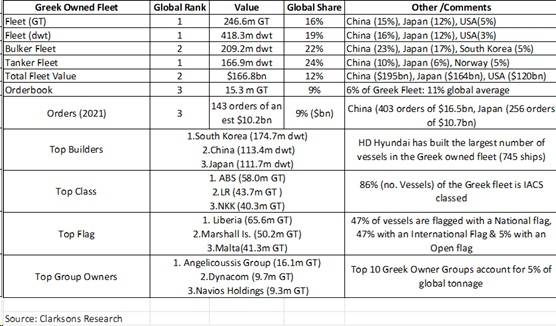
According to Clarksons, the top classification societies for the Greek fleet are ABS (58 million GT), LR (43.7 million), NKK (40.3 million), while the top flags (Liberia (65.6 million), Marshall Is. (50.2 million) and Malta (41.3 million) and builders (42% of the fleet is Korean built, increasing to 60% for the orderbook). Nearly 80% of tonnage is privately owned, with the balance in stock listed vehicles, while the “average” owner still has only five ships.
Aspects of the so-called "green transition" have been embraced (outperforming with 27% of the Greek fleet “eco”, 5.7% alternative fueled and 26% with a major EST fitted) but, aligned with global trends, the average age of the fleet is trending upward (13 yrs*, 12 yrs five years ago), and Clarksons estimates as much as 27% of the fleet may be D or E rated under CII. The top 10 Greek shipping companies alone account for 5% of global capacity, with the Angelicoussis Group leading the way (16 million GT in fleet).
Clarksons' modeling data suggests Greek shipping companies will add a further 50 million GT to their fleet by 2030, though trend analysis (and proximity to trade, shipbuilding capacity and finance) suggests that the Chinese fleet will overtake. But the Hellenic community is unlikely to give way easily. A straw poll of reasons behind Greek success included: strong cash positions and low leverage, intuitive timing across market cycles (most, if not all the time), quick decision making, heritage and management of sometimes tricky generational change, a large “cluster” of commercial and technical expertise, flexibility and adaptability.
On the many difficulties of recent years, the exceptionally strong markets today, the structural opportunities from short orderbooks and potentially disruptive emissions policies and, despite some mitigating factors for shipping around tonne-miles and congestion, the building macro-economic headwinds.
